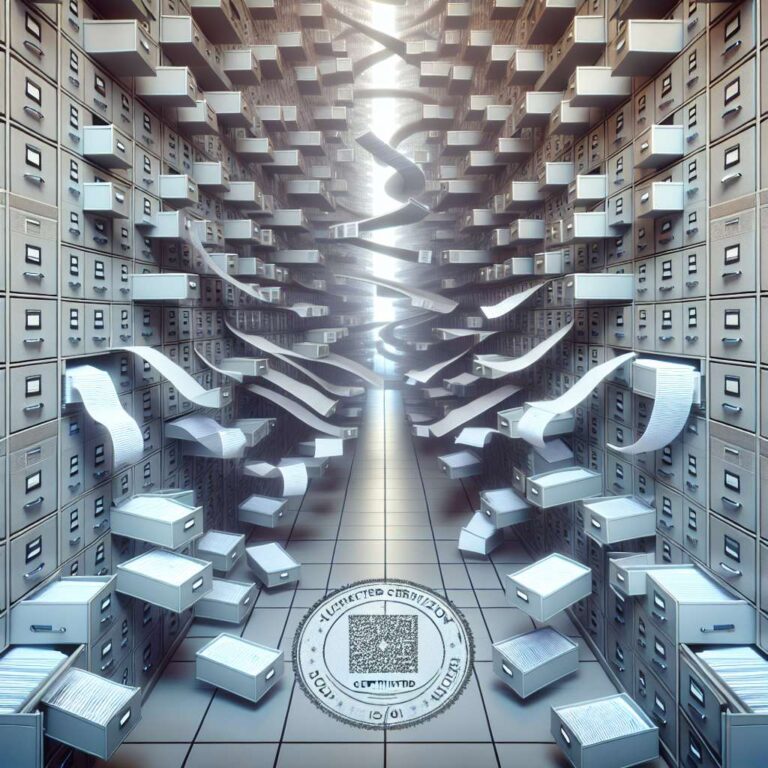Microsoft has announced a series of updates to its Azure cloud platform, intensifying its focus on expanding generative artificial intelligence (AI) capabilities for enterprise users. General manager Maria Bledsoe highlighted the recent release of a comprehensive technical guide dedicated to cloud migrations, aiming to ease the journey for organizations scaling artificial intelligence solutions in cloud environments. She stressed that one of the most significant roadblocks remains managing disconnected or outdated enterprise data.
Bledsoe advocates for the adoption of retrieval-augmented generation (RAG) to automate live data retrieval and enable more dynamic decision-making processes. By leveraging cloud-based RAG applications, enterprises can transcend the limitations of static models, gaining benefits such as minimal latency, high-speed data transfers, enhanced security, and simplified data governance. This evolution allows organizations to tap into up-to-date datasets while maintaining robust operational integrity.
Beyond data adaptability, Microsoft encourages businesses to embed generative artificial intelligence throughout workflows. Integration is streamlined via services like OpenAI Service, Logic Apps, API Management, and native connections to widely used ERP and CRM frameworks, including SAP. These improvements facilitate seamless adoption of intelligent solutions across core business systems, enhancing both efficiency and adaptability.
In an important milestone for trust and compliance, partner group program manager Molly Bostic announced that Azure AI Foundry and Microsoft Security Copilot have attained ISO/IEC 42001:2023 certification. This new standard, issued by the International Organization for Standardization and International Electrotechnical Commission, recognizes excellence in Artificial Intelligence management systems. Bostic explained that achieving this certification accelerates regulatory compliance for customers, fosters transparency, and helps mitigate risks inherent in artificial intelligence deployment. Microsoft highlights ongoing resources like its Responsible AI Transparency Report, AI Customer Commitments, and the Responsible AI resources site as pillars for maintaining high standards in deploying these technologies.

